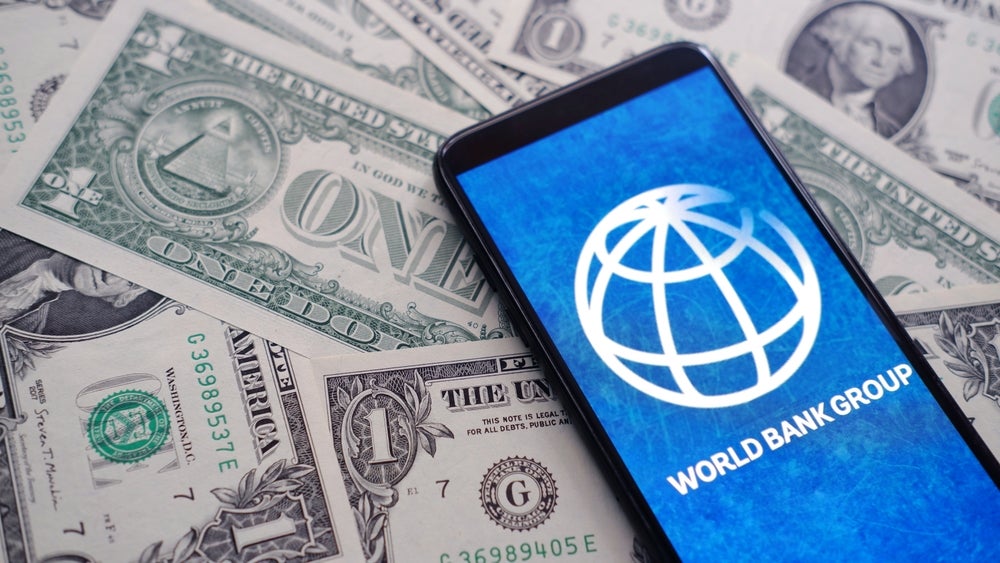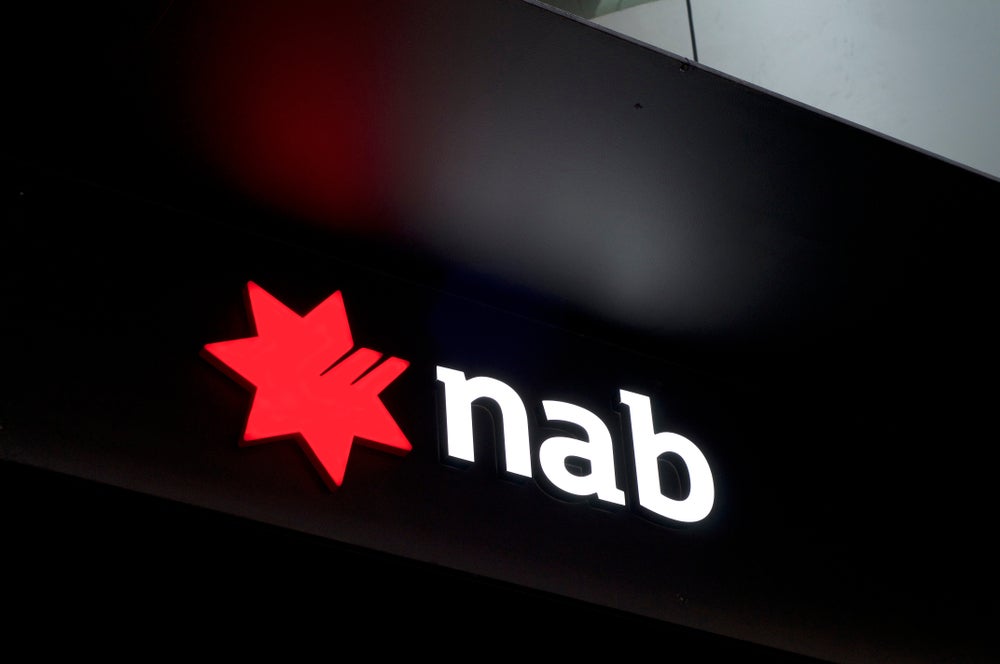US-based Mango Financial is the latest to venture into
the banking world with a trendy façade that resembles a clothing or
smoothie store rather than a typical financial institution. Charles
Davis spoke to Bertrand Sosa, the entrepreneur behind the
fruit-influenced bank about its drive to serve the unbanked
population.
Take one look at a Mango Store, and
you think hip urban clothier, or trendy technology store. Or even a
smoothie shop, says Bertrand Sosa, who, with his brother Roy,
created what they think is the answer to reaching the unbanked.
When Mango Financial, Inc – a
financial services firm dedicated to serving unbanked customers –
was putting the finishing touches on its first store, in Austin,
Texas, people dropped by and asked them if the new business was a
smoothie shop, or a mobile phone store – no one asked if it was a
bank, and that made both Sosa brothers awfully happy.
“When people told us they thought
it was a smoothie store, we were thrilled, because that was exactly
the kind of vibe we were after,” Sosa says. “We are about
disrupting the model for financial services, so we dropped any
mention of the words ‘bank’ or ‘financial services’.”
Mango has been pilot testing and
refining its services based on feedback from Mango members since
December 2009. The brand emerged from a long series of discussions
on the concept, whose mission statement, ‘Manage Your Money On The
Go’, is designed to introduce a greater level of transparency and a
higher level of service and product integration to individuals who
either do not qualify for conventional bank services or prefer not
to use them.
How well do you really know your competitors?
Access the most comprehensive Company Profiles on the market, powered by GlobalData. Save hours of research. Gain competitive edge.

Thank you!
Your download email will arrive shortly
Not ready to buy yet? Download a free sample
We are confident about the unique quality of our Company Profiles. However, we want you to make the most beneficial decision for your business, so we offer a free sample that you can download by submitting the below form
By GlobalDataAccording to the FDIC,
approximately one-third of central Texas households are unbanked or
underbanked (compared to an estimated 25.6% of US households).
“‘Manage Your Money On The Go’
started sounding to us a lot like ‘Mango’,” Sosa said. “The more we
played with it, the more we liked it. It’s short and sweet [and] it
resonates across ethnic groups internationally. Fruit is healthy
and happy.”
Mango also drew a lot of its
inspiration from another fruit: Apple. Sosa said the store’s
design, its use of “coaches” who work through transactions with
customers and dispense financial advice, even its splashy use of
colours were inspired, to some degree, by the ultra-cool image
Apple has created in the consumer mind.
Certainly, banks like Umpqua, ING
and the defunct Washington Mutual stood out from the crowd with
stylish branch designs. But with its eye-popping red, yellow,
orange and green furnishings (Sosa said the choices were
intentional as those reflect the hues of the mango) and open floor
plan, the store is Apple-quality in appearance.
It is not all about appearances,
though. Mango has leveraged technology to change the fundamentals
of the cheque-cashing business in ways that allow it to vastly
undercut the competition in terms of price.
It has a plan to build similar
outlets around the country, and a paid-membership model designed to
encourage customers to use Mango over the long-term. Mango plans to
open about 10 more stores over the next 12 months in large
metropolitan markets, and Sosa said that 50 to 100 locations in the
next couple of years is not out of the question.
“We will build our own stores, we
will roll out a store-within-a-store concept, and we’ll have
franchising opportunities as well,” he said.
Bertrand and Roy Sosa have spent
their careers thinking of ways to better serve the unbanked and
underbanked segments. They also started NetSpend Corp, now a leader
in the prepaid debit card business.
Targeting the ‘Wal-Mart
customer’
Sosa said that Mango’s target
customers are 25 to 35, make less than $60,000 a year and regularly
use cheque cashers. The company is also trying to attract Hispanic
customers, with signage in both English and Spanish.
“We’re after what we call ‘the
Wal-Mart customer’ – folks who are living pay cheque to pay cheque,
making ends meet but being gouged by the cheque-cashing business,”
he said.
“We’re looking at someone that has
had a bank account before but maybe that bank account is just an
entry-level checking account and maybe they bounced a few cheques
and abandoned it.”
Consumers who pay a one-time fee of
$10 to become lifetime members can load cheques on to the Mango
MasterCard card for free and send international money transfers for
$5. Nonmembers pay a 1% check load fee and $10 for international
money transfers.
Cardholders must load at least $500
a month to their cards to save a monthly fee. The $181m-asset
Horizon Bank in Austin issues the Mango card. Bill payment at Mango
costs $1 for members and nonmembers. Most other services, like
direct deposit and online card-to-card and bank account transfers,
are free.
“We can save them on transactions
because we have all the back-office relations we need to do things
ourselves,” Sosa said. “We issue prepaid cards and process them
in-house, rather than relying on third-party marketers, so we have
a huge advantage on cost.”
The Mango store also features very
little cash on hand, doing most of its business by converting
cheques to prepaid cards. If customers want cash, there is an ATM.
Cash deposits are fed into a specially converted safe in the lobby,
meaning there is literally no cash on hand, and so little to no
security expense.
“We have no cameras, no
bullet-proof glass,” Sosa said. “It’s just like a store.”
The Sosas are hoping to foster
long-term relationships with customers through other companies
funded by their venture capital fund, MPower Ventures. One such
company, Gratio Capital, is set to launch a mutual fund for the
underbanked that will eventually be offered in Mango stores.
Another sister company, MPower
Mobile Inc, has designed software that lets Mango customers send
money and cheque balances through text messages. Mango is using the
service to attract customers. To accept money transmitted by a
Mango client via text message, a person must have a Mango card.
“Mobile is the gateway to underbanked customers,” Sosa said.
“Retail customers are going to help us through their phones by
introducing new customers to Mango. We’re only getting started,
really.”







